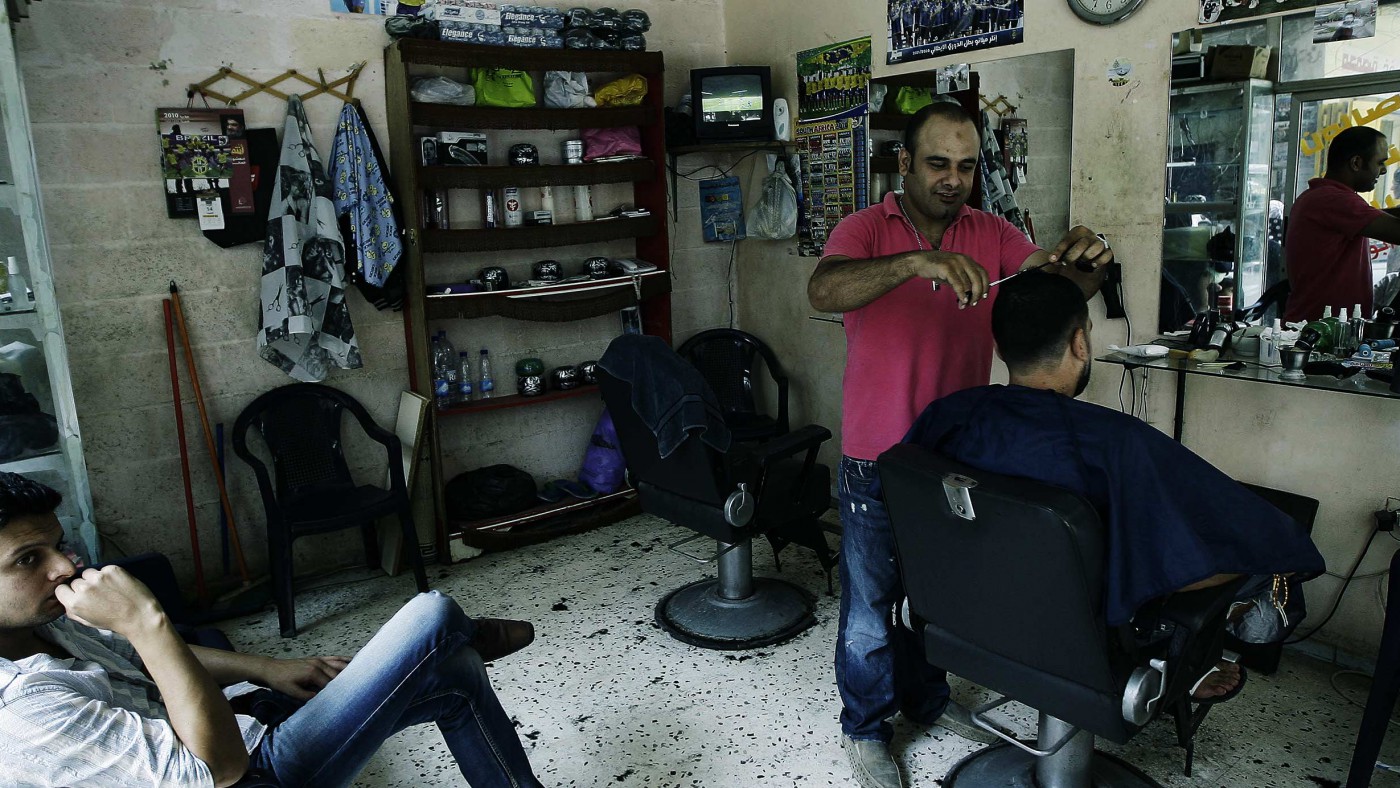The plight of refugees fleeing the war torn Middle East has been rightly dominating the news headlines for weeks. The response from Britain to this immediate need has been mixed. On the one hand, although the Government has agreed to take 20,000 people over five years from the Syrian camps (described as a ‘good start’ by Ken Clarke on Question Time), Britain is the only EU member state not to take any of the half million or so refugees who have reached mainland Europe. Even Ireland and Denmark, who also have opt-outs from the Schengen agreement which guarantees free movement across the EU, have agreed to help. The present government is insistent, however, that one of the main causes of the crisis, the desperate living conditions faced by Syrian refugees in the Middle East, be addressed’ and this is reflected in the UK’s £1 billion of relief funding for Syria and the surrounding countries.
The stories of desperation and determination are awe inspiring, perhaps none more so than the 18-year-old who pushed his grandmother in a wheelchair much of the way from Afghanistan to Hungary. But many of the most disadvantaged remain in refugee camps across the Middle East in places like Lebanon. Of Lebanon’s roughly six million population, 1.5 million are Syrian and Palestinian refugees.
In Lebanon such refugees have no social or civil rights and no access to public social services. Treated as foreigners due to their statelessness, they are denied the right to work in legal, medical and engineering professions and are required to obtain permits for most other work. This is compounded by cultural expectations meaning many women stay at home. As a result only 16 per cent of Palestinian women in Lebanon work.
But the conservative gender dynamics that create a barrier to employment has also been exploited as a business opportunity by the often forgotten Palestinian refugees who have been displaced numerous times within Lebanon. With a little help some of these have set up businesses and this refugee entrepreneurship has started to bear fruit. A partner organisation of Christian Aid recently provided a series of vocational training courses in photography, accountancy and event management among other things. Off the back of these, people have set up a range of opportunistic businesses from in-camp gyms to photography services.
Before, women-only events in the camps often went unphotographed due to there being only male snappers available but now newly trained female photographers are meeting demand. In the Al Badawi refugee camp in Lebanon, the youngest woman on the photography course resisted family pressure from her parents and three brothers not to set up her own studio, and once the money started rolling in they changed their tune and now help with the business. She said: “The social pressure, the family pressure and the cultural constrains on me going out, staying late at night for work events, issuing orders, giving instructions to others…it all evaporated after I became economically successful.”
Photography training offers a route to self-reliance and self-employment. All it takes to begin a small business is a single camera and the skills to take photos to generate income. The same is true of hairdressing. Hairdressing fits with the local cultural climate, can be implemented indoors, in most cases in the same small house. A young woman can transform part of her bedroom into a hairdressing salon and once she has the skills all she needs is basic tools to start turning a profit.
A slightly more ambitious, but equally successful venture, has been the setting up of in-camp gyms. One woman in the Al-Jalazon refugee camp in the West Bank was given training on a sport and fitness course. She clubbed together with her relative and took a loan, rented a facility, purchased equipment and set up their own women’s only gym. She said: “At the beginning people thought I was going crazy. I received a lot of criticism and my husband even threatened to divorce me. But the demand by women was very high. I paid off the loan, moved to a larger facility and now my husband not only is supportive, he also helps out maintaining the gym equipment. I stopped needing to beg for pocket money every morning.”
Not only does such entrepreneurial assistance help people carve out a better life in the camps it also allows them a route into the formal Lebanese economy. An accountancy course run in the camp has allowed graduates to continue their studies in local academic institutions. Most of these graduates go on to find jobs elsewhere out of the camp. They are usually offered a salary that is less than their credentials merit, simply for being Palestinian refugees, but it can at least be the beginning of a remedy to unemployment and poverty.
While the constitutional discrimination remains in place unemployment and poverty amongst the refugee population in Lebanon will continue. But these stories show signs of hope that amid the poverty these refugees can be viewed as more than just burdensome victims but active sources of economic renewal which will be needed if the Middle East is going to be rebuilt successfully.


